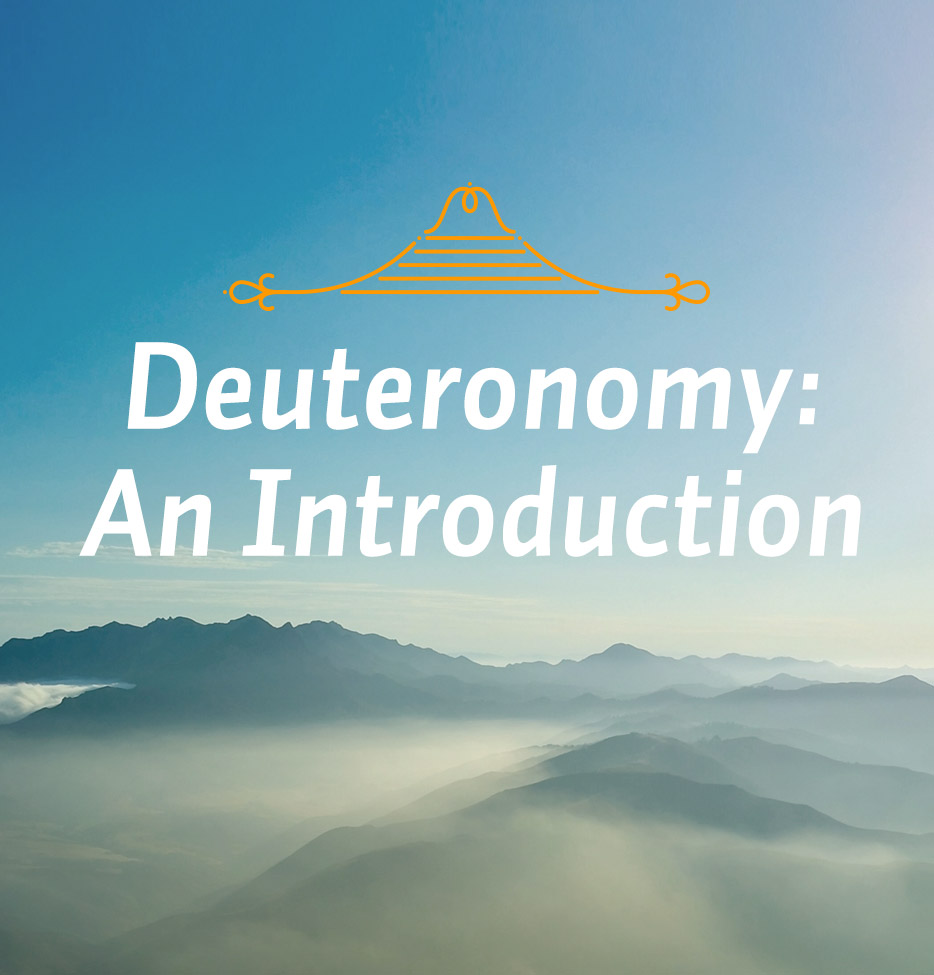The next section of this address, which bears on the people’s relationship to the land and to other people, can be covered rather quickly. In Deuteronomy 13, Moses gives important instructions about detecting and rejecting a false prophet.
If somebody makes a prophecy and it doesn’t come true, he is a false prophet, and the people are not to listen to anything else he says. But what are you going to do when a false prophet foretells something that does come true? After all, Balaam was able to prophesy the future when the Spirit of God came upon him. What do you do when a person seems to be vindicated by historical events? Deuteronomy 13 tells us that even if a prophet’s words should come true, he is not to be listened to, believed, or followed unless he is a follower of the Lord God. If he is a pagan prophet who is following another god, you shouldn’t listen to him regardless of what he might be able to do, whether it is supernatural, insightful, or anything else. Such a one has “preached rebellion against the LORD your God, who brought you out of Egypt and redeemed you from the land of slavery” (v. 5).
This has great application to our situation today. In America today, even in our evangelical churches, we hear the idea that words are backed up by the miraculous. So if someone can do a miracle or claim to have done it, we think that we ought to listen to that person. But Deuteronomy 13 is telling us that it doesn’t mean anything at all. The demons themselves can produce works that seem to be miraculous.
The way to measure someone’s teaching is whether it teaches about God according to His Word. When you hear teaching on television, don’t be impressed with it just because it is flashy or because of the things that are claimed and the stories that are told. Forget about that. Remember that when the apostle Paul taught the Bereans, the book of Acts says that they were noble because they searched the Scriptures to see whether those things Paul said were true, even though Paul was an apostle. They evaluated what he said by the Word of God, and that is how we are to evaluate teaching as well.
Deuteronomy 18 twice prophesies the coming of a prophet who would be like Moses (see vv. 15, 18). A prophet is going to come who will not only succeed Moses as a prophet, but this one will be the prophet above all other prophets, that is, he will be the Messiah.
This is the way first-century Jews understood these verses. When John the Baptist came as a forerunner to Jesus Christ, one of the questions the Jewish leaders asked him was, “Are you that prophet?” (John 1:21), referring to the Messiah spoken of in Deuteronomy 18 concerning the prophet like Moses who would come. John replied that he was not that prophet, nor Elijah either, but a voice crying in the wilderness to prepare the way of the Lord (see vv. 21-23). John the Baptist said that this prophet is coming, and to listen to Him when He comes. Then, when Jesus did come, the voice from heaven said, “This is my beloved son; listen to him” (Mark 9:7).
Do you want to know the truth? The truth is Jesus Christ. If you want to know the truth in propositional form, it’s Jesus teaching. He tells us what we need to know. The Word of God is sufficient, and Jesus Christ is the fulfillment of the prophecy in Deuteronomy 18.
In Deuteronomy we have a repetition of the law. Why is that important? It is important for the obvious reason that we need to hear these things again and again. We not only need to hear them taught analytically and didactically, but we also need to have them urged upon our minds, hearts, and consciences in order that we might actually obey them. That is what Moses is doing. I encourage you in your devotions this week to read these chapters and observe the tone in which Moses is speaking. He is about to die, and he knows how willful the people are. He knows how serious the matter is. If you obey God, you are blessed; if you disobey God, you bring down curses on yourself. He is passionately pleading with the people whom he loves not to forget what happened when they disobeyed, but to obey the law of God.
If you have an opportunity to teach, whether it is in your home or in church, and whether to children or adults, don’t be afraid to repeat, repeat, repeat the teachings of the Word of God. People need to hear the law, they need to hear the Gospel, and they need to hear both of them again and again and again.
It is significant that in the middle of this repeated law, we find the greatest of all the commandments: love the Lord your God with all of your heart, mind, soul, and strength. As we learn to love Him, by the grace of the Lord we also learn to obey.






